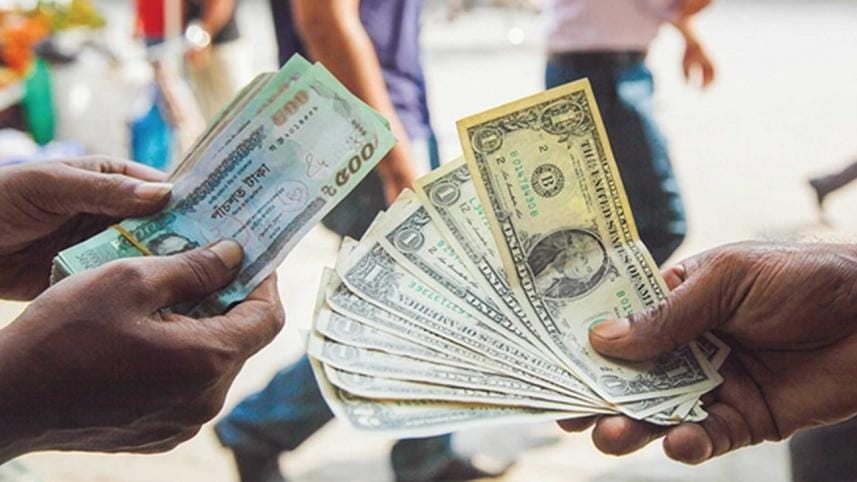Hundi at play in dipping remittance inflow: Bangladesh Bank

Inward remittance fell in the fourth quarter of 2023-24 fiscal year thanks to the increased use of informal channels like hundi despite a sharp rise in the number of Bangladeshi migrant workers, according to Bangladesh Bank data.
The remittance experienced a sharp decline—13.5 percent year-on-year—when it hit $4.91 billion in the July-September quarter of 2024, down from $5.67 billion in the same period previous year, according to the quarterly data of the central bank.
Most of the Bangladeshi migrant workers live in the Middle East, particularly in the Gulf Cooperation Council countries, nearly 67.1 percent of the total migrated workers, according to banking regulator.
Among the migrant Bangladeshi workers, some 39.8 percent went to the Saudi Arabia, 20 percent to Malaysia, 15.2 percent to Oman, 6.9 percent to the United Arab Emirates and 5.4 percent to Singapore in 2022-23.
A drastic fall in remittance from Bangladesh's major source countries—apart from the UAE, UK and Oman—was also another reason for the lower amount of remittance, according to the quarterly report.
The number of registered overseas migrant workers increased to 372,100 in the three-month period in 2024, up 26.3 percent year-on-year.
In 2022-23 fiscal year, the amount of inward remittance was $21.61 billion, which was about 4.8 percent of Bangladesh's gross domestic product.



 For all latest news, follow The Daily Star's Google News channel.
For all latest news, follow The Daily Star's Google News channel.
Comments